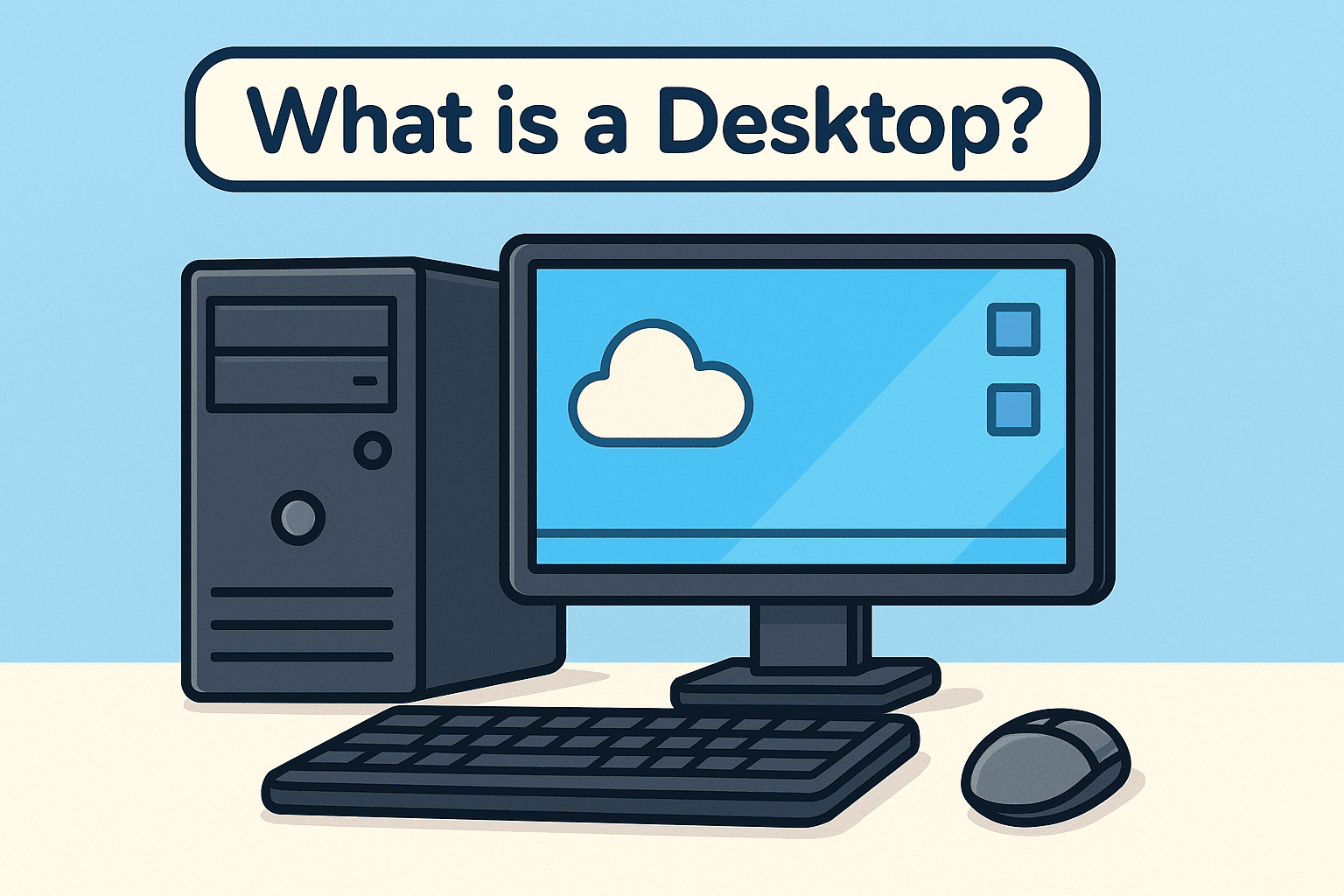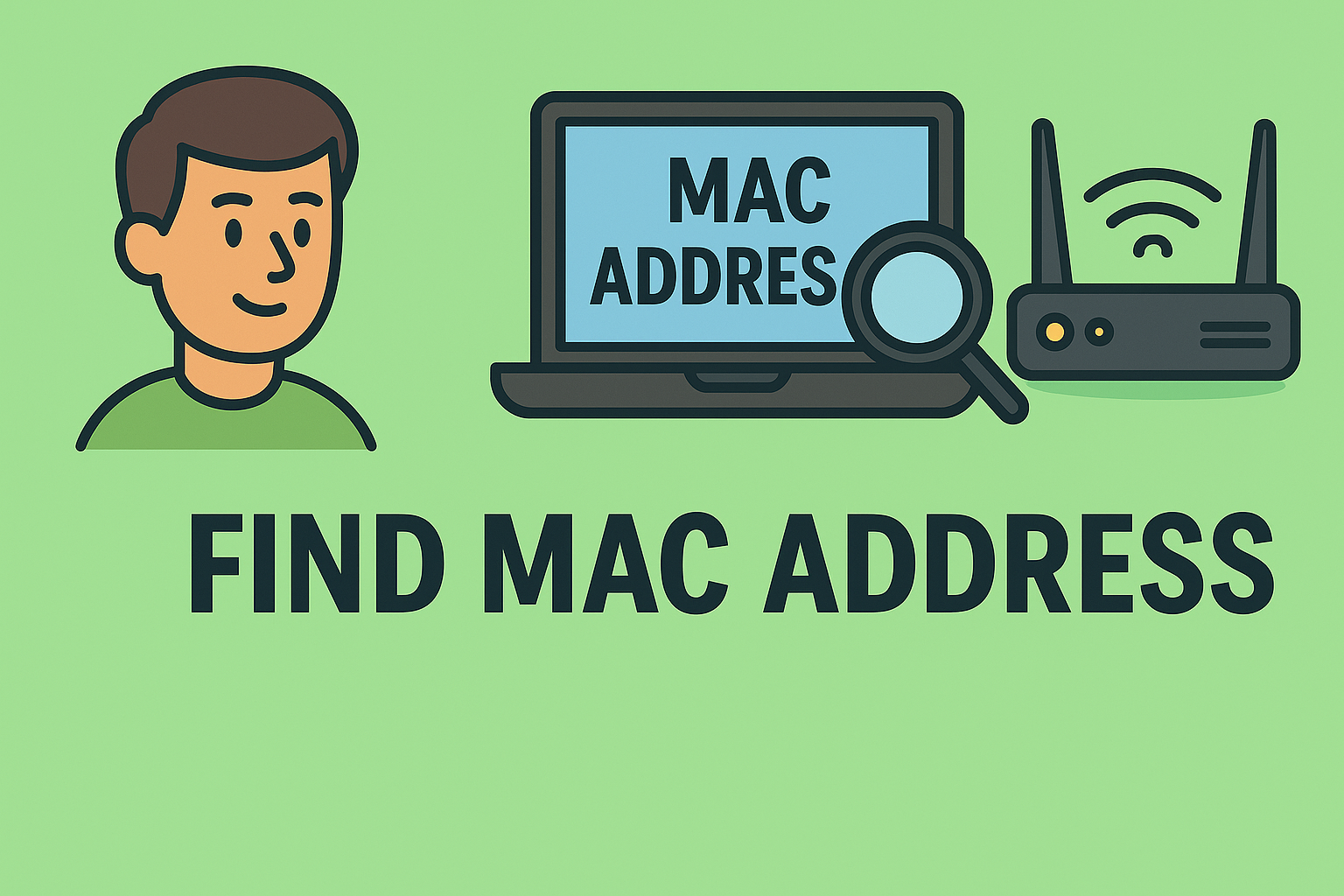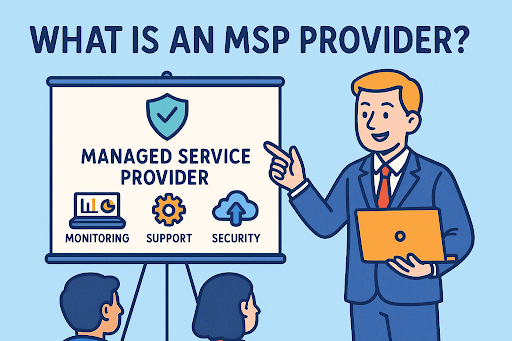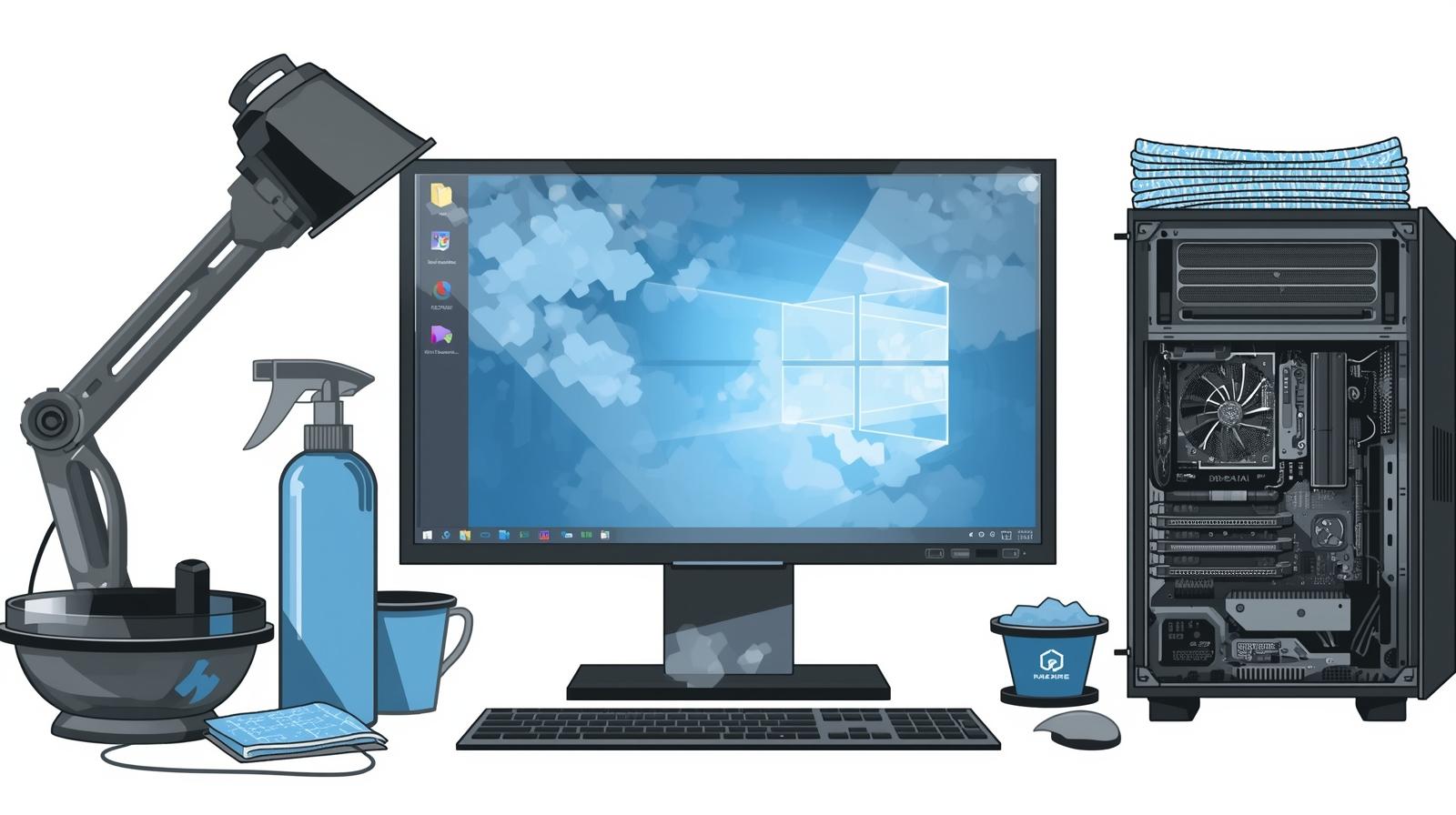What is Kali Linux? A Cybersecurity Essential for Modern IT
Updated on June 17, 2025, by ITarian
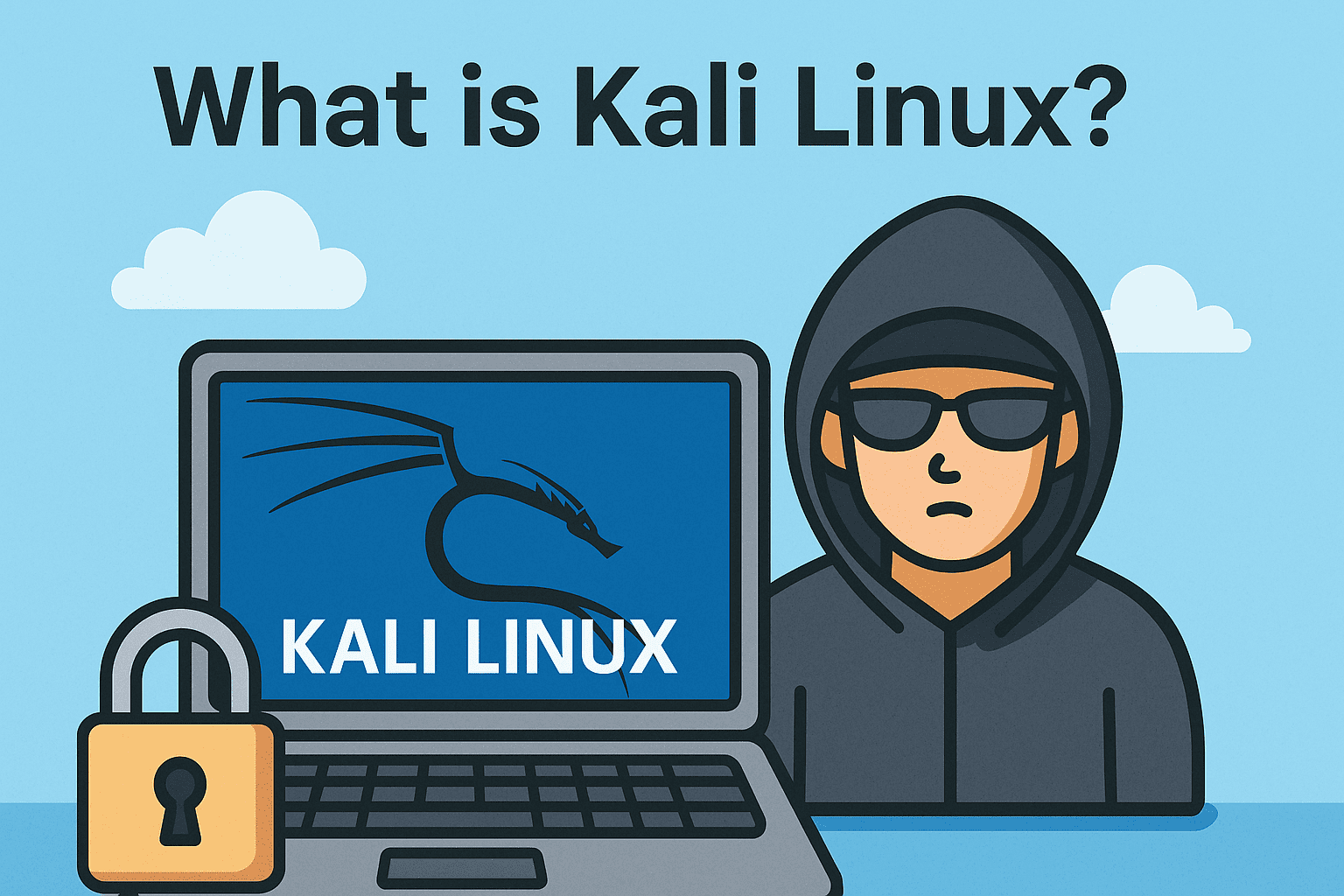
If you’re in IT or cybersecurity, you’ve likely heard the term — but what is Kali Linux really? Whether you’re a network engineer, cybersecurity specialist, or enterprise decision-maker, understanding Kali Linux is crucial to modern digital defense.
Kali Linux is more than just a Linux distribution. It’s a specialized operating system packed with tools designed for penetration testing, ethical hacking, and vulnerability assessment. Developed and maintained by Offensive Security, it plays a pivotal role in the cybersecurity landscape.
Introduction to Kali Linux
Kali Linux is a Debian-based Linux distribution created for security auditing, penetration testing, and digital forensics. It comes pre-installed with over 600 security tools that help identify, exploit, and mitigate vulnerabilities in networks and systems.
Key Facts:
- Released in 2013 by Offensive Security.
- Successor to BackTrack Linux.
- Regularly updated with community and professional support.
- Available for x86, ARM, and cloud platforms.
“Kali Linux is to ethical hackers what a scalpel is to a surgeon.”
Penetration Testing: The Core Use Case
Penetration testing (pen testing) involves simulating real-world cyberattacks to identify vulnerabilities before malicious hackers can exploit them. Kali Linux is the go-to OS for this practice.
Top Tools Included:
- Nmap: Network scanning and mapping.
- Metasploit: Exploitation framework.
- Wireshark: Network packet analyzer.
- Burp Suite: Web application security testing.
- Hydra: Brute-force login cracker.
Why Use Kali for Pen Testing?
- Centralized toolkit saves time.
- Preconfigured for networking and security.
- Regular updates keep tools current.
Ethical Hacking: Legal Hacking for Good
Ethical hacking refers to hacking done lawfully with permission to strengthen security. Kali Linux is commonly used in training and certification programs like CEH (Certified Ethical Hacker) and OSCP (Offensive Security Certified Professional).
Benefits for Ethical Hackers:
- Easy access to real-world tools.
- Flexible deployment on USB, VM, or bare metal.
- Customizable for various test environments.
Educational Use:
- Employed by universities and training centers.
- Hands-on labs and simulations using Kali.
Offensive Security: The Organization Behind Kali
Offensive Security is the brain behind Kali Linux. They provide not just the OS but also:
- World-renowned cybersecurity training.
- Certifications (OSCP, OSCE, OSEP).
- Penetration testing services.
- Active community and documentation.
Why It Matters:
Using a distro backed by an established security entity ensures reliability, professionalism, and continued innovation.
Real-World Applications for IT & Cybersecurity Teams
1. Vulnerability Assessment
Kali tools like OpenVAS and Nikto help detect system weaknesses.
2. Wireless Network Testing
Tools such as Aircrack-ng test WiFi security.
3. Password Cracking
Kali includes tools like John the Ripper and Hashcat for testing password strength.
4. Forensic Analysis
Autopsy and Sleuth Kit aid in digital investigations.
5. Red Team Operations
Simulate adversary tactics to test blue team responses.
Best Practices for Using Kali Linux Safely
- Use in Legal Environments Only: Always have written permission.
- Isolate from Production Networks: Use VMs or sandboxes.
- Keep Tools Updated: Ensure you run the latest patches.
- Use Strong Access Controls: Protect your Kali system with encryption and strong credentials.
- Leverage Community: Tap into forums, Discord, and GitHub for updates and troubleshooting.
FAQs About Kali Linux
1. Is Kali Linux legal to use?
Yes. It is legal, but using it to access systems without permission is illegal.
2. Can beginners use Kali Linux?
Yes, but it’s better suited for users with foundational Linux and cybersecurity knowledge.
3. Is Kali Linux free?
Absolutely. It’s open-source and available for free download.
4. Can Kali Linux be used on Windows?
Yes. Via WSL (Windows Subsystem for Linux) and virtualization platforms like VirtualBox.
5. What makes Kali different from Ubuntu or Debian?
Kali is optimized for security professionals with tools and configurations tailored to pen testing and hacking.
Final Thoughts & Call to Action
So, what is Kali Linux? It’s more than an OS—it’s a powerful framework for security experts, ethical hackers, and digital defenders. Backed by Offensive Security, it continues to evolve as a cornerstone of modern cybersecurity.
If you’re responsible for safeguarding infrastructure or testing resilience, Kali Linux is an indispensable tool in your arsenal.
👉 Start with Itarian today to integrate proactive security tools and manage your cyber posture efficiently.

